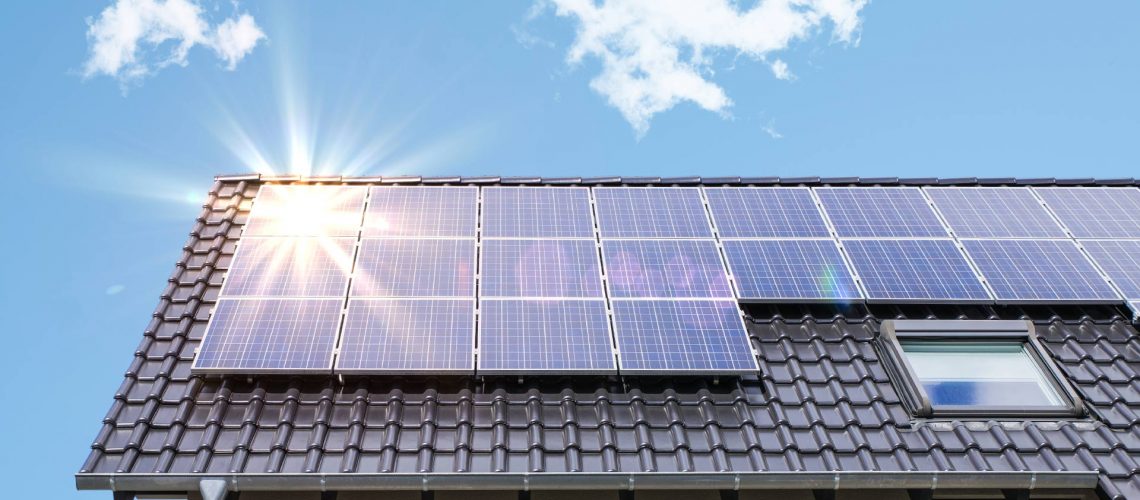Solar energy is the new buzzword in homeownership. Solar panels help lower electricity costs, reduce taxes, and increase the value of your home significantly. With all these benefits, solar generally seems like a wise investment. But is your house good for solar? Here’s how you can tell if installing solar on your home is possible.
Are you the Property Owner?
This is the first question that you should ask yourself. It would be a good move to install solar if you own the home that you want to put the panels on. If you are not the property owner, it can be tricky because there’s no guarantee that you will stay in the house for a long time. You can install solar today and wake up to an eviction notice tomorrow. Apart from that, the property owner might not be open to the idea of you installing solar on their home.
If you own a condo, you are generally considered a property owner. However, you will need to do some research to determine if the condominium agreement does not have any restrictions on solar panel installation. The majority of condos have no problem with you installing solar if you have your own roof section and if none of the neighbors have a problem with it.
Do You Have Enough Land or Space on Your Roof?
If you want to power your home using solar, you will need to install several panels. Therefore, to qualify for solar, you need enough room for installation. There are basically two options when it comes to where you can place your solar panels. For instance, if your yard is considerably large and you cannot put solar panels on the roof, you can opt to get ground mounts. These are the structures that lift your solar panels. Ground mounts can either be stationary, or you can get ones that move around during the day to follow the sun’s position.
If you want to install solar panels on the roof, you need to ensure that there is enough space on the roof for installation. You can hire a solar installation expert to help you figure out if your roof can accommodate the number of panels needed to supply your home adequately. If the space is available, the next thing should be to check whether the condition of your roof allows for safe installation. In general, you should install solar panels on a roof that still has at least 10 to 15 years left on its lifespan. If the roof is in bad shape, you can include the cost of installing a new roof in the federal solar tax credit.
Is There Enough Sun Exposure?
Solar panels require sunlight to function. This is why you need to assess your home to ensure that your roof is not under the shade of trees all day long. If you have trees in your yard, and their shade is not directly covering the roof, then you won’t have problems when you install solar. If the trees prevent the sun from reaching your roof, you must start considering tree removal. However, before you do away with the trees, it would be a good idea to consult with a trusted solar installer. They will be able to give you the best advice regarding the shade situation on your roof.
Solar panels provide a lot of eco-friendly benefits. That’s why it’s a good move to switch to solar. You will also save a lot of money by doing so. However, it’s crucial to first ensure that your home is solar-ready. That way, you can deal with everything standing in the way of your solar installation beforehand.


